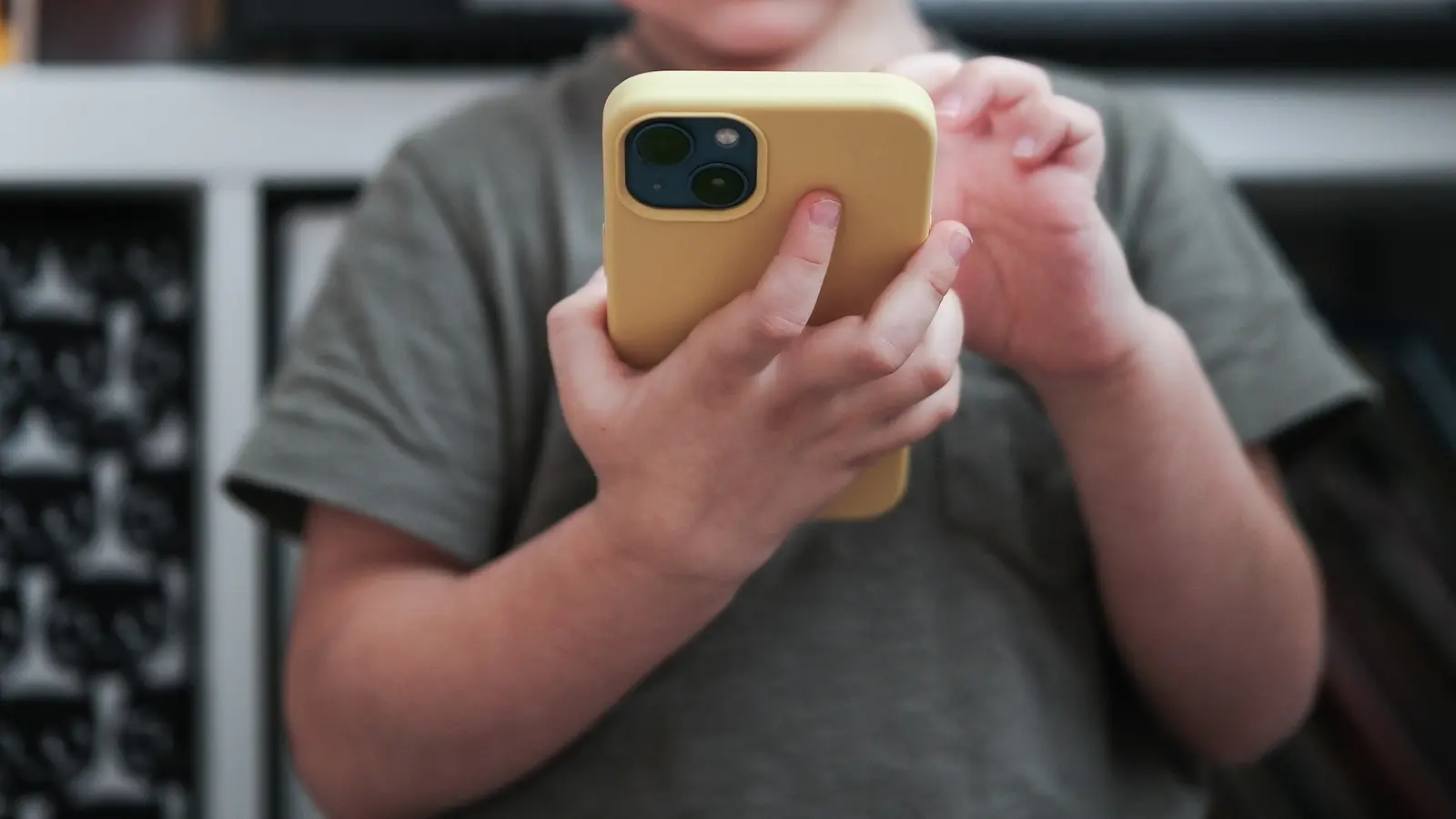4 Minutes
A large international study finds that acquiring a smartphone before age 13 is associated with substantially poorer mental health in adulthood. The research frames early device ownership as an entry point into AI-powered digital environments and social platforms that reshape attention, emotion regulation, and social development during critical formative years. Policymakers, educators, and public-health officials are increasingly weighing how to balance technological benefits with potential developmental risks.
Scientific background and study findings
The study pooled population-level data across multiple countries to examine the relationship between age at first smartphone ownership and adult mental-wellbeing outcomes. After controlling for socioeconomic and demographic factors, researchers observed a consistent pattern: individuals who acquired a smartphone in late childhood had higher rates of anxiety, depression, and reduced subjective wellbeing in adulthood compared with peers who received phones later.
Why early exposure may matter
Neurodevelopmental and psychosocial explanations help interpret the results. The preteen brain is highly plastic and still developing neural circuits for impulse control, social cognition, and stress regulation. Early immersion in algorithmically curated content, instant social feedback, and AI-driven recommendation systems can amplify social comparison, interrupt deep focus, and increase exposure to stressful content. These mechanisms are plausible contributors to the observed population-level associations.
Policy implications and precedent
Researchers emphasize that addressing early smartphone ownership will require coordinated public-policy measures and multi-stakeholder engagement. Successful regulatory approaches in other domains provide analogies: for example, many jurisdictions limit underage access to alcohol through combined parental responsibility, commercial regulation, and corporate accountability. Comparable frameworks could include age-appropriate privacy protections, design standards for digital platforms, parental education, and industry commitments to default safety settings for minors.

Practical interventions
Potential measures include education campaigns for families, delayed device adoption recommendations, mandatory default privacy and time-limit settings for underage accounts, and stronger enforcement of age-restriction policies by platform operators. The authors note that implementing these steps requires political will, effective enforcement, and international coordination, but argue that precedents demonstrate feasibility.
Key discoveries and future research
While the association between early smartphone ownership and later mental-health outcomes is robust across populations, researchers caution that correlation is not identical to causation. Smartphones and social media are important contributors but likely not sole drivers of the mental-health challenges facing today’s young adults. The study calls for longitudinal and mechanistic research to disentangle causal pathways, identify vulnerable subgroups, and test targeted interventions.
Expert Insight
Dr. Maya Herrera, a developmental neuroscientist who has studied adolescent attention and digital media, notes: 'These population-level results are striking. They align with experimental work showing that interruptions and emotionally charged social feedback can alter developmental trajectories when exposure occurs early. That said, technology is not intrinsically harmful; context, content, and age-appropriate safeguards are what matter. Timely policy and parental guidance can reduce risks while preserving educational and social benefits.'
Implications for technology and education
Beyond regulatory steps, schools and technology designers can play a role. Digital literacy curricula that teach critical consumption, emotion regulation strategies, and healthy device habits may mitigate harms. Platform designers can reduce algorithmic amplification of harmful content for younger users by limiting personalization and promoting content that supports wellbeing.
Conclusion
The new cross-national evidence links owning a smartphone before age 13 to measurable declines in adult mental wellbeing. Though more research is needed to establish causal mechanisms, the study strengthens the case for precautionary, multi-layered strategies: public policy, parental guidance, platform design changes, and education. Together these actions aim to protect developing minds while allowing young people to benefit from technology in safer, healthier ways.
Source: scitechdaily


Leave a Comment